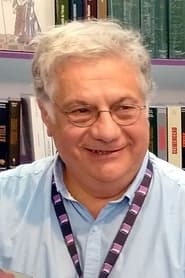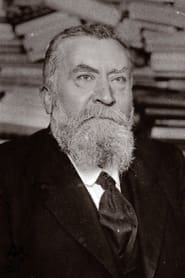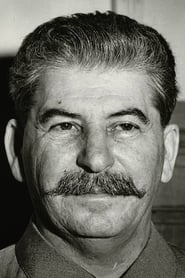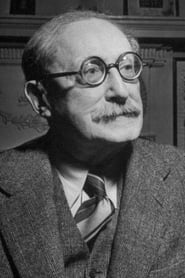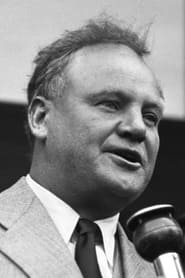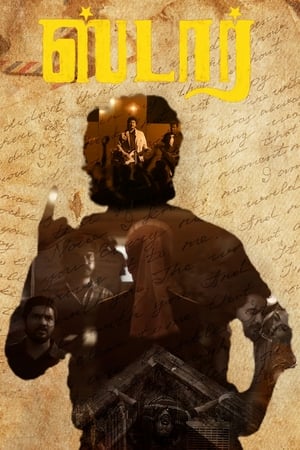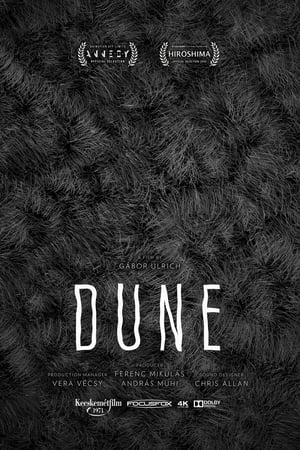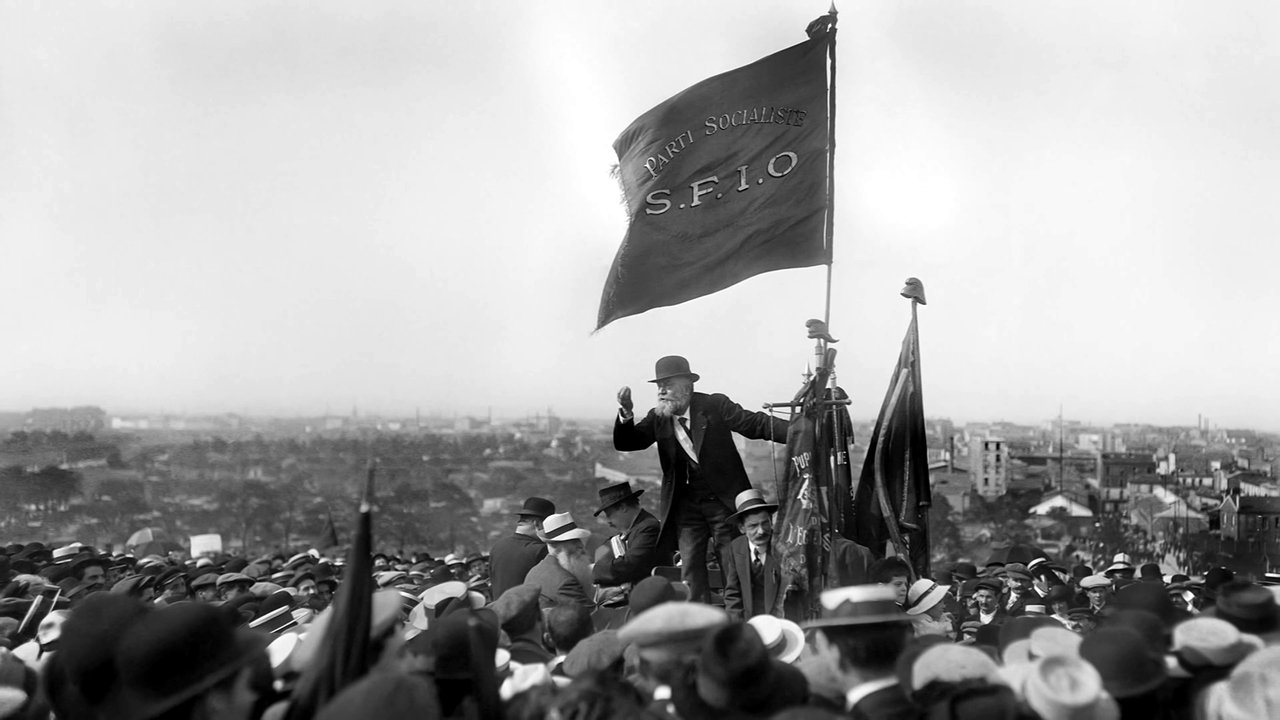
Congrès de Tours 1920: The Birth of the French Communist Party(2020)



Movie: Congrès de Tours 1920: The Birth of the French Communist Party
Top 10 Billed Cast
Narrator (voice)
Self
Self
Self

Congrès de Tours. 1920 : La Naissance des deux gauches
HomePage
Overview
Release Date
2020-12-12
Average
8
Rating:
4.0 startsTagline
Genres
Languages:
FrançaisKeywords
Recommendations Movies
 8.0
8.0The Arc de Triomphe: A Nation's Passion(fr)
The pride of Napoleon's victories, the Arc de Triomphe, whose first stone was laid in 1806 at the top of the Champs-Élysées, is, along with the Eiffel Tower, one of the most visited monuments in the French capital. Wanted by an emperor, inaugurated under the reign of a king (Louis-Philippe) and sanctuarized by the Republic, this patriotic temple polarizes the passions of a whole nation. A historical portrait before "packaging", which teems with anecdotes and unsuspected details.
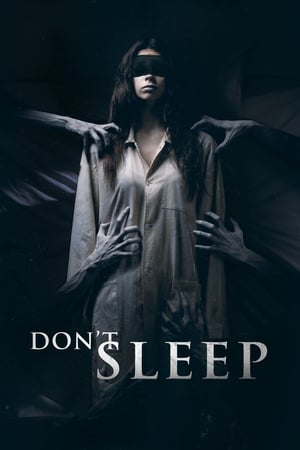 5.5
5.5Don't Sleep(en)
After moving into a cottage together, two young lovers confront horrors of a forgotten childhood.
 7.7
7.7Ghost in the Shell: Stand Alone Complex - The Laughing Man(ja)
The year is 2030 and six years have passed since a criminal known only as "The Laughing Man" swept through top medical nanotechnology firms committing acts of cyber-terrorism, kidnapping, and espionage leaving no known suspects. New information is revealed, as Section 9 enters the hunt for a suspect capable of unfathomable actions in this compilation of Stand Alone Complex content.
 7.4
7.4Windstorm 3(de)
Ostwind and Mika have found a real home at the farm Kaltenbach with Mika's grandmother. In the hustle of running therapy center and due to Mika's fame as a horse-whisperer, she feels that she doesn't have enough freedom and time to ride. After a serious disagreement with her grandmother, Mika secretly sets off for the night in eastern Andalusia, Spain, where she suspects Ostwind's roots are.
 5.9
5.9The Year I Started Masturbating(sv)
Ambitious overachiever Hanna just needs one more kid before her life is perfect. Instead, her baby daddy unexpectedly dumps her. Suddenly, she finds herself without a place to live, job or family. With every fiber of her being set for victory, Hanna refuses to give up and decides to win him back. But to get there means having to win something much more important, love and desire for herself and who she is.
 7.6
7.6Kathleen Madigan: Madigan Again(en)
Kathleen Madigan drops in on Detroit to deliver material derived from time spent with her Irish Catholic Midwest family, eating random pills out of her mother's purse, touring Afghanistan, and her love of John Denver and the Lunesta butterfly.
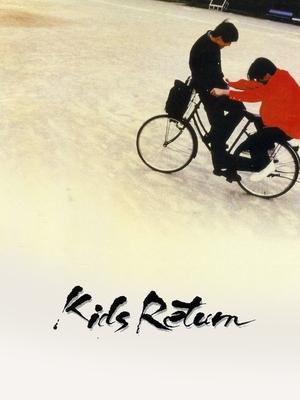 6.9
6.9Kids Return(ja)
Shinji and Masaru spend most of their school days harassing fellow classmates and playing pranks. They drop out and Shinji becomes a small-time boxer, while Masaru joins up with a local yakuza gang. However, the world is a tough place.
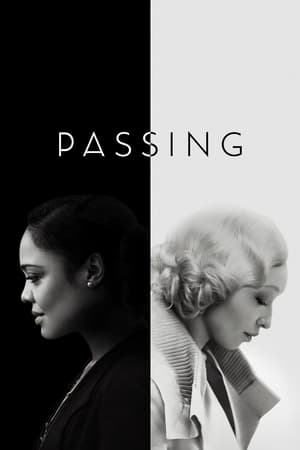 6.3
6.3Passing(en)
In 1920s New York City, a Black woman finds her world upended when her life becomes intertwined with a former childhood friend who's passing as white.
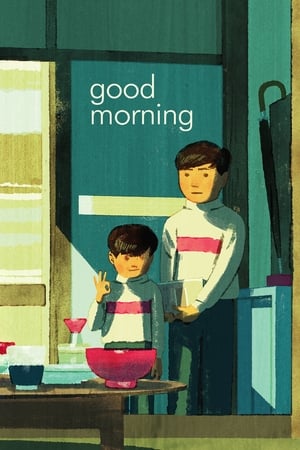 7.7
7.7Good Morning(ja)
A lighthearted take on director Yasujiro Ozu’s perennial theme of the challenges of intergenerational relationships, Good Morning tells the story of two young boys who stop speaking in protest after their parents refuse to buy a television set. Ozu weaves a wealth of subtle gags through a family portrait as rich as those of his dramatic films, mocking the foibles of the adult world through the eyes of his child protagonists. Shot in stunning color and set in a suburb of Tokyo where housewives gossip about the neighbors’ new washing machine and unemployed husbands look for work as door-to-door salesmen, this charming comedy refashions Ozu’s own silent classic I Was Born, But . . . to gently satirize consumerism in postwar Japan.
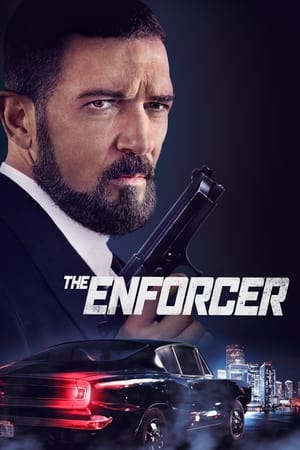 7.1
7.1The Enforcer(en)
A noir thriller set in Miami, the film follows an enforcer who discovers his femme fatale boss has branched out into cyber sex trafficking, putting a young runaway he’s befriended at risk. He sacrifices everything to save the young girl from the deadly organization he’s spent his life building.
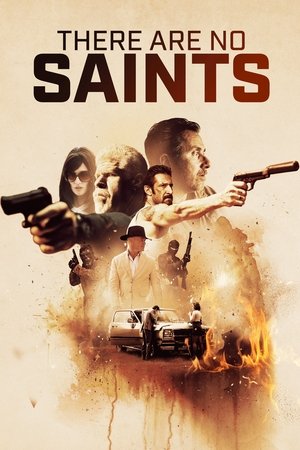 5.2
5.2There Are No Saints(en)
A man is imprisoned for a crime he didn't commit. When his wife is murdered and his son kidnapped and taken to Mexico, he devises an elaborate and dangerous plan to rescue his son and avenge the murder.
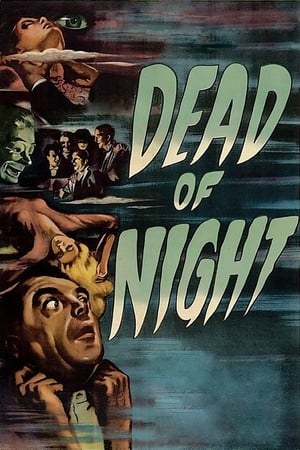 7.2
7.2Dead of Night(en)
Architect Walter Craig, seeking the possibility of some work at a country farmhouse, soon finds himself once again stuck in his recurring nightmare. Dreading the end of the dream that he knows is coming, he must first listen to all the assembled guests' own bizarre tales.
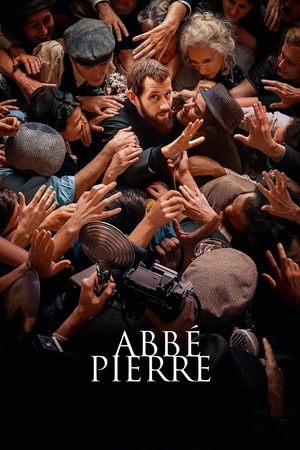 6.6
6.6Abbé Pierre - A Century of Devotion(fr)
The life of Henri Grouès, known as Abbé Pierre, from his time in the Resistance in WWII to his fights against poverty and for the homeless.
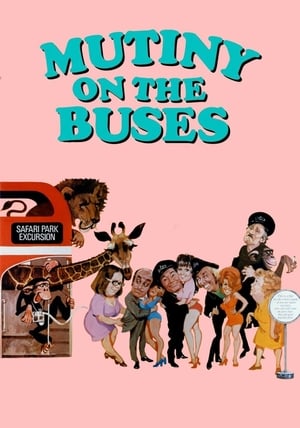 7.4
7.4Mutiny on the Buses(en)
Bus driver Stan Butler agrees to marry Suzy, much to the anguish of Mum, her son-in-law, Arthur, and daughter Olive. How, they wonder, will they ever manage without Stan's money coming in? Then Arthur is sacked, and Stan agrees to delay the wedding. Meanwhile, he hits on an idea: Arthur should learn to drive a bus. Somehow he does just that, and even gets a job. Stan then blackmails the Depot Manager into giving him the job of driver on the new money-making Special Tours Bus. A great idea ...if only the inspector hadn't taken Stan on his trial run to the Windsor Safari Park
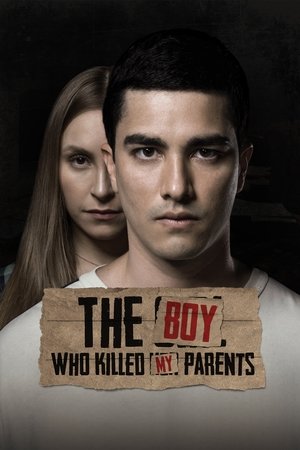 6.3
6.3The Boy Who Killed My Parents(pt)
Based on one of the most shocking and gruesome murder cases in Brazil, the film presents de Suzane von Richthofen's point of view of the events that led to the death of her parents.
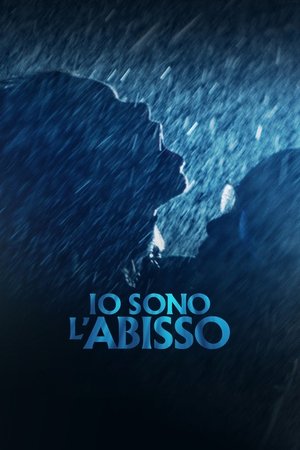 5.7
5.7I Am the Abyss(it)
The Man Who Cleans knows you can find a lot of secrets in trash. People tend to lie but their trash never does. The Man Who Cleans thought he was invisible, until he met the Girl with the Purple Hair Lock. Girl with the Purple Hair Lock breaks into his tidy life because only an evil angel can save her now. Meanwhile, the Huntress knows somebody is killing blonds out there. Nobody believes her, but she knows. What she doesn't know, though, is that evil is hiding behind the green door. The truth lies at the bottom of a dark, deep abyss.
 6.8
6.8French Connection II(en)
"Popeye" Doyle travels to Marseilles to find Alain Charnier, the drug smuggler that eluded him in New York.
 6.5
6.5Fight Back to School 3(cn)
Chow Sing Sing returns, only this time he doesn’t go back to school. Instead, Chow goes undercover as the husband of a wealthy socialite, which doesn’t sit well with his fiancée, who tries to convince Chow to quit working as undercover.
Similar Movies
 8.6
8.6Schindler's List(en)
The true story of how businessman Oskar Schindler saved over a thousand Jewish lives from the Nazis while they worked as slaves in his factory during World War II.
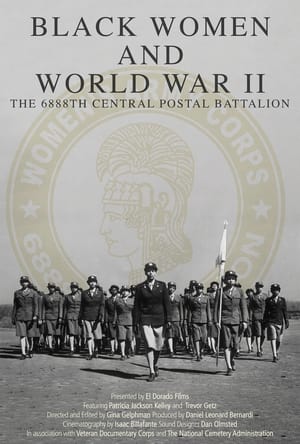 0.0
0.0Black Women and World War II: The 6888th Central Postal Directory Battalion(en)
In the midst of World War II, the 6888th Central Postal Directory Battalion, an all-female African-American unit, undertook the monumental task of sorting and delivering a massive backlog of mail for the U.S. military. Despite facing deplorable working conditions and the pervasive dual discrimination of race and gender, these women served their country with unbreakable determination and pride. Led by the formidable Major Charity Adams, they not only achieved their mission in half the expected time but also broke barriers, standing firm against inequality and inspiring future generations. Tragically overlooked for years, the story of the 6888th sheds light on a remarkable, untold chapter of American history, reflecting both the triumphs and injustices that shaped the nation's path towards civil rights. Their courage and resilience continue to resonate, a poignant reminder of the societal strides still needed to fully recognize and honor their invaluable contribution.
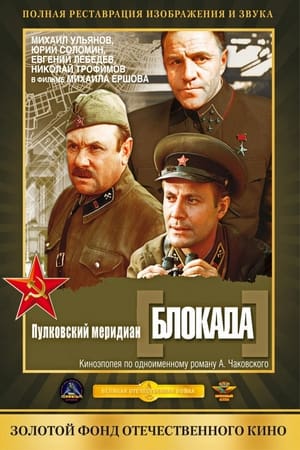 8.0
8.0Blokada: Pulkovskiy meredian(ru)
Autumn 1941. German tank troops are making another attempt to break through to the Uritsk and Pulkovo Heights. During heavy fighting, Soviet troops managed to stop the offensive of fascist tanks one and a half kilometers south of the Pulkovo Observatory. The 900 days of the blockade and the incredible courage of the Soviet people were approaching ...
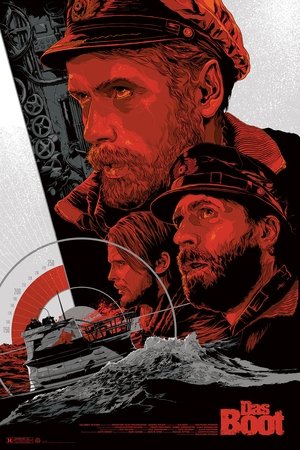 8.1
8.1Das Boot(de)
A German submarine hunts allied ships during the Second World War, but it soon becomes the hunted. The crew tries to survive below the surface, while stretching both the boat and themselves to their limits.
 7.5
7.5D-Day to Berlin: A Newsnight Special(en)
George Stevens's remarkable film is acclaimed by historians as the most important colour footage taken during the war. Milestones covered include the liberation of Paris, the link-up between the Russian and American armies on the River Elbe and the Allied capture of the Dachau concentration camp.
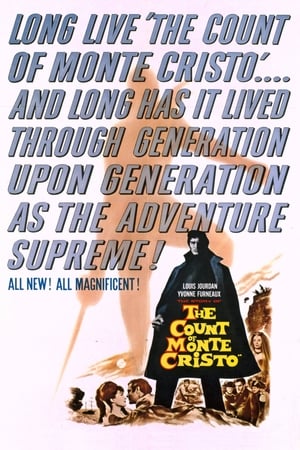 7.2
7.2The Count of Monte Cristo(fr)
Edmund Dantes is falsely accused by those jealous of his good fortune, and is sentenced to spend the rest of his life in the notorious island prison, Chateau d'If. While imprisoned, he meets the Abbe Faria, a fellow prisoner whom everyone believes to be mad. The Abbe tells Edmund of a fantastic treasure hidden away on a tiny island, that only he knows the location of. After many years in prison, the old Abbe dies, and Edmund escapes disguised as the dead body. Now free, Edmund must find the treasure the Abbe told him of, so he can use the new-found wealth to exact revenge on those who have wronged him.
 6.7
6.7Andrey Tarkovsky. A Cinema Prayer(ru)
An account of the life and work of Russian filmmaker Andrey Tarkovsky (1932-86) in his own words: his memories, his vision of art and his reflections on the fate of the artist and the meaning of human existence; through extremely rare audio recordings that allow a complete understanding of his inner life and the mysterious world existing behind his complex cinematic imagery.
 6.9
6.9The Garden of the Finzi-Continis(it)
In 1930s Italy, a wealthy Jewish family tries to maintain their privileged lifestyle, hosting friends for tennis and parties at their villa. As anti-Semitism intensifies under Fascism, they must ultimately face the horrors of the Holocaust.
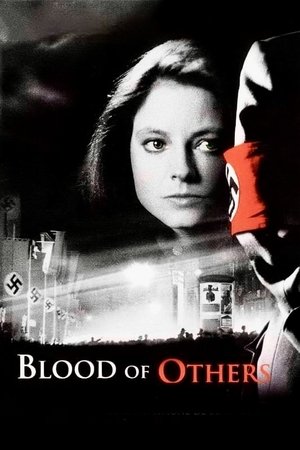 5.0
5.0The Blood of Others(en)
In the German-occupied Paris, Helene is torn between the love for her boyfriend Jean, working for the resistance and the German administrator Bergmann, who will do anything to gain her affection.
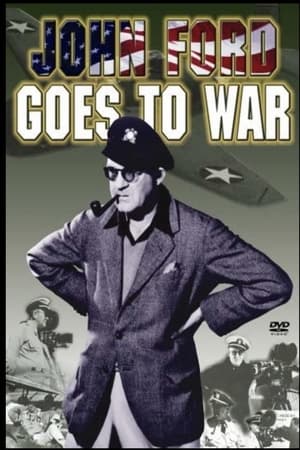 5.7
5.7John Ford Goes to War(en)
When World War II broke out, John Ford, in his forties, commissioned in the Naval Reserve, was put in charge of the Field Photographic Unit by Bill Donavan, director of the soon-to-be-OSS. During the war, Field Photo made at least 87 documentaries, many with Ford's signature attention to heroism and loss, and many from the point of view of the fighting soldier and sailor. Talking heads discuss Ford's life and personality, the ways that the war gave him fulfillment, and the ways that his war films embodied the same values and conflicts that his Hollywood films did. Among the films profiled are "Battle of Midway," "Torpedo Squadron," "Sexual Hygiene," and "December 7."
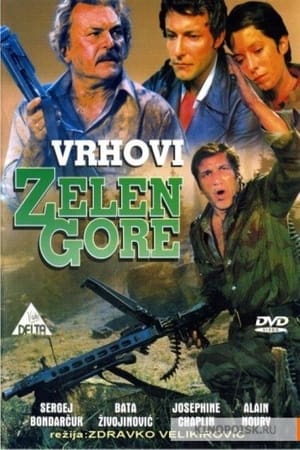 5.8
5.8The Peaks of Zelengore(sh)
During the Battle of Sutjeska, partisan troops must endure 24 hours of big and heavy attacks on German units Ljubino grave, to the main Partisan units, with the wounded and the Supreme Headquarters, pulled out the ring that is tightened around them.
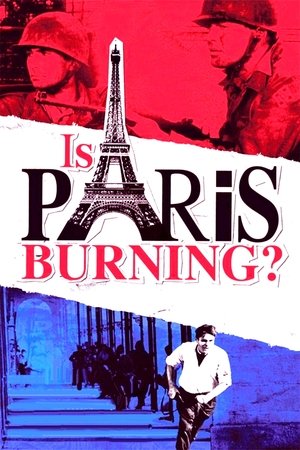 7.2
7.2Is Paris Burning?(fr)
Near the end of World War II, Gen. Dietrich von Choltitz receives orders to burn down Paris if it becomes clear the Allies are going to invade, or if he cannot maintain control of the city. After much contemplation Choltitz decides to ignore his orders, enraging the Germans and giving hope to various resistance factions that the city will be liberated. Choltitz, along with Swedish diplomat Raoul Nordling, helps a resistance leader organize his forces.
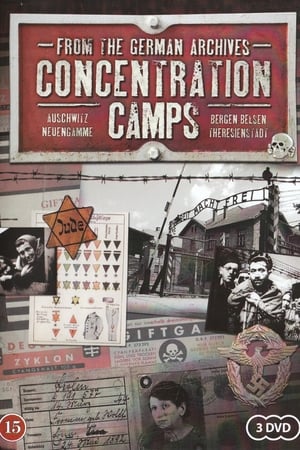 7.0
7.0The Liberation of Auschwitz(de)
This chilling, vitally important documentary was produced to mark the 40th anniversary of the liberation of Auschwitz Concentration Camp. The film contains unedited, previously unavailable film footage of Auschwitz shot by the Soviet military forces between January 27 and February 28, 1945 and includes an interview with Alexander Voronsov, the cameraman who shot the footage. The horrifying images include: survivors; camp visit by Soviet investigation commission; criminal experiments; forced laborers; evacuation of ill and weak prisoners with the aid of Russian and Polish volunteers; aerial photos of the IG Farben Works in Monowitz; and pictures of local people cleaning up the camp under Soviet supervision. - Written by National Center for Jewish Film
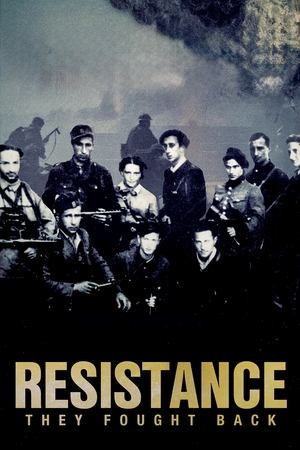 0.0
0.0Resistance: They Fought Back(en)
We’ve all heard of the Warsaw Ghetto Uprising, but most people have no idea how widespread and prevalent Jewish resistance to Nazi barbarism was. Instead, it’s widely believed “Jews went to their deaths like sheep to the slaughter.” Filmed in Poland, Lithuania, Latvia, Israel, and the U.S., Resistance – They Fought Back provides a much-needed corrective to this myth of Jewish passivity. There were uprisings in ghettos large and small, rebellions in death camps, and thousands of Jews fought Nazis in the forests. Everywhere in Eastern Europe, Jews waged campaigns of non-violent resistance against the Nazis.
 7.6
7.6The Last Emperor(en)
A dramatic history of Pu Yi, the last of the Emperors of China, from his lofty birth and brief reign in the Forbidden City, the object of worship by half a billion people; through his abdication, his decline and dissolute lifestyle; his exploitation by the invading Japanese, and finally to his obscure existence as just another peasant worker in the People's Republic.
 7.9
7.9Grand Illusion(fr)
A group of French soldiers, including the patrician Captain de Boeldieu and the working-class Lieutenant Maréchal, grapple with their own class differences after being captured and held in a World War I German prison camp. When the men are transferred to a high-security fortress, they must concoct a plan to escape beneath the watchful eye of aristocratic German officer von Rauffenstein, who has formed an unexpected bond with de Boeldieu.
 7.6
7.6Gandhi(en)
In the early years of the 20th century, Mohandas K. Gandhi, a British-trained lawyer, forsakes all worldly possessions to take up the cause of Indian independence. Faced with armed resistance from the British government, Gandhi adopts a policy of 'passive resistance', endeavouring to win freedom for his people without resorting to bloodshed.
 8.2
8.2Night and Fog(fr)
Filmmaker Alain Resnais documents the atrocities behind the walls of Hitler's concentration camps.
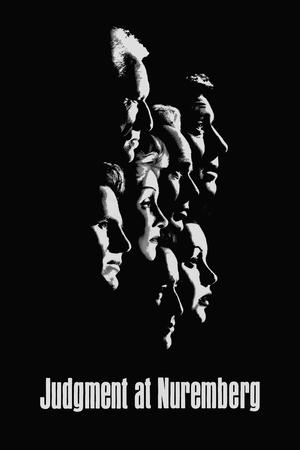 8.0
8.0Judgment at Nuremberg(en)
In 1947, four German judges who served on the bench during the Nazi regime face a military tribunal to answer charges of crimes against humanity. Chief Justice Haywood hears evidence and testimony not only from lead defendant Ernst Janning and his defense attorney Hans Rolfe, but also from the widow of a Nazi general, an idealistic U.S. Army captain and reluctant witness Irene Wallner.
 7.8
7.8The Bridge on the River Kwai(en)
The classic story of English POWs in Burma forced to build a bridge to aid the war effort of their Japanese captors. British and American intelligence officers conspire to blow up the structure, but Col. Nicholson, the commander who supervised the bridge's construction, has acquired a sense of pride in his creation and tries to foil their plans.
